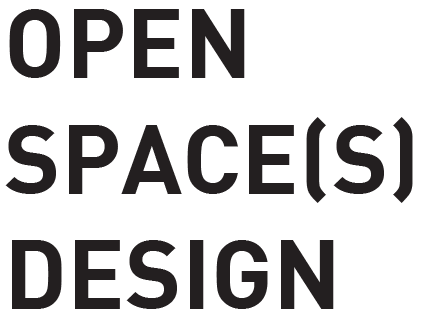This cycle of seminars aims to reflect on the theme of open spaces design at different scales, namely the urban and the regional scale of planning and urban design, with respect to two main fields of meaning: the first refers to the issue of green infrastructure for landscape and urban well-being; a second one addresses the issues of urban energy transition and environmental quality.
Within this dual theme background we want to explore the size and quality-performance characteristics of the design of open spaces, focusing in particular on specific key issues in an overall perspective of improving the well-being and living conditions of citizens.
In particular, these key issues are: the eco-systemic functionality of soils and the design of green and ecological corridors networks as part of the regional landscape design; the conditions of comfort, environmental and ecological sustainability of urban spaces as well as the effects on public health; human comfort and energy performance of the urban landscape.
A rethinking of the several dimensions – not only physical but also social, political and cultural – that the concept of Open Spaces involves is very much needed. A new approach in the Open Spaces Design field is urgent and necessary.
- \\ What do we mean by OPEN SPACE(S)?
- \\ What is the priority in the DESIGN of OPEN SPACE(S)?
For addressing these questions, the course is organised in a seminar format, arranged in five parts, whereby invited researchers and designers will present their projects and/or research experiences, offering new insights and providing new perspectives to set up a critical discussion on Open Spaces Design.

